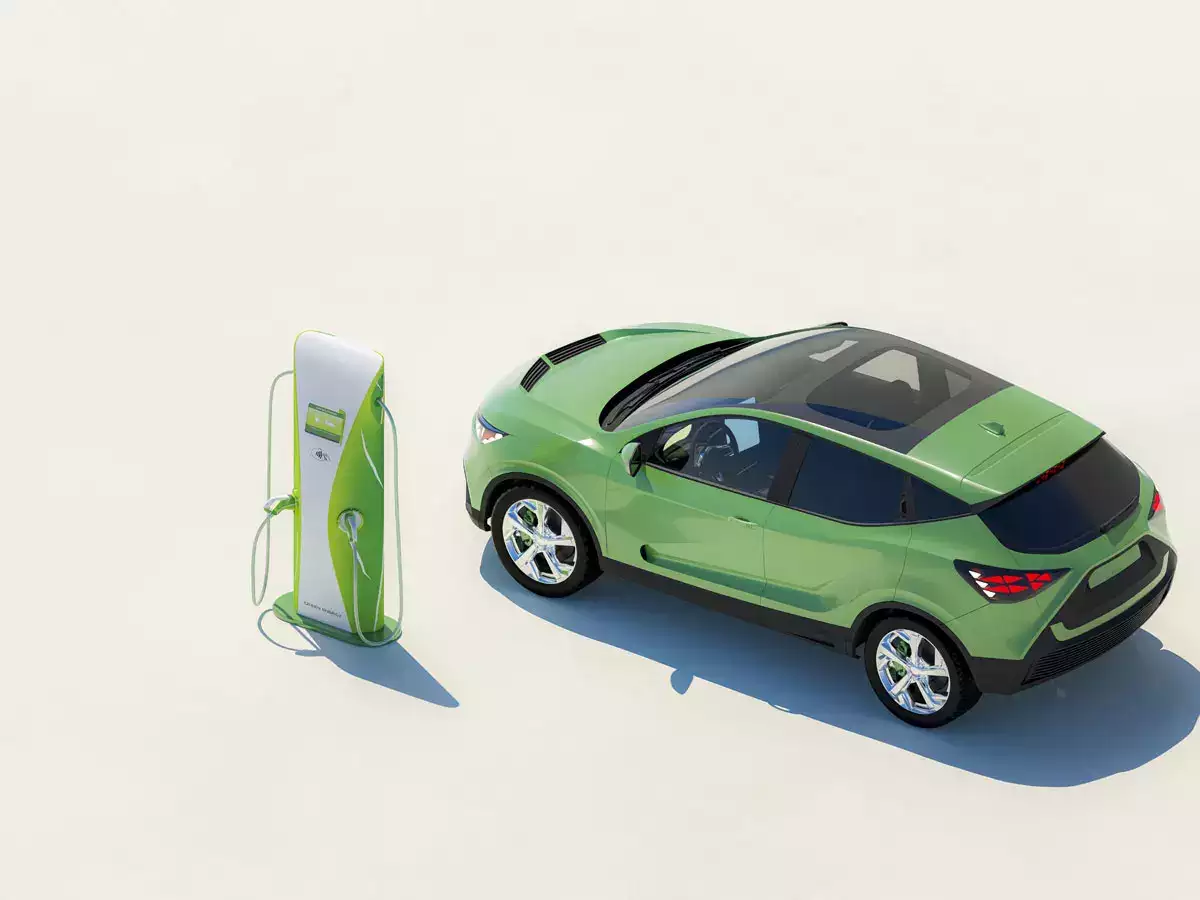
The development comes weeks after Tesla chief Elon Musk cancelled his much-hyped visit to India in April. Tesla is yet to communicate its India plans to the government under the new EV policy, the official said. Musk, who was scheduled to visit India April 21-22, postponed his visit at the last moment, citing “very heavy Tesla obligations”.
Musk had been scheduled to meet Prime Minister Narendra Modi during the visit. He went on a surprise visit to China a week later.
“They (Tesla) are just silent… the (EV) policy was always meant for everybody,” said the official. “The commercial decisions are announced by the companies.”
The detailed guidelines will include details on portal links and the project monitoring agency. Companies already present in India don’t need to register a new subsidiary.
“They can apply under the new policy for an import licence for a certain number of EVs and, in order to qualify, they will have to commit to us the investments,” he said. The ministry of heavy industries held the first round of consultations last month on the EV policy.
On March 15, the government approved an EV policy under which duty concessions will be given to companies setting up manufacturing units in the country with a minimum investment of USD 500 million. Under this, a company will get three years to set up manufacturing facilities and start commercial production of EVs, reaching 50% domestic value addition (DVA) within five years at the most.
Companies setting up plants to make passenger EVs will also be allowed to import a limited number of cars at a lower import duty of 15% on vehicles costing USD 35,000 and above for a period of five years.
Disclaimer: The copyright of this article belongs to the original author. Reposting this article is solely for the purpose of information dissemination and does not constitute any investment advice. If there is any infringement, please contact us immediately. We will make corrections or deletions as necessary. Thank you.





